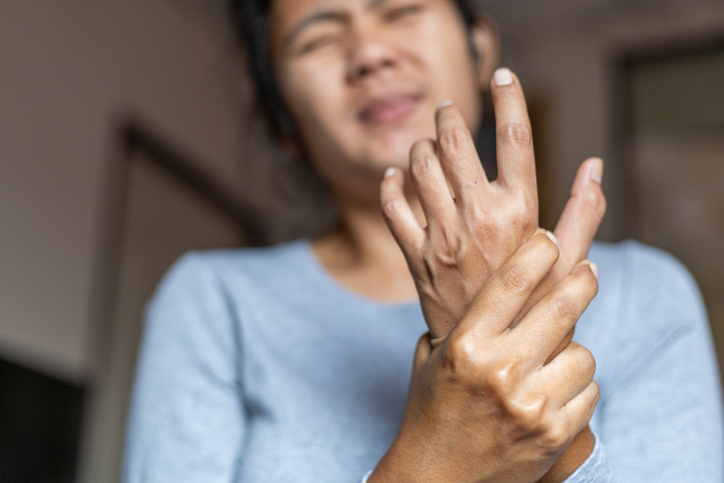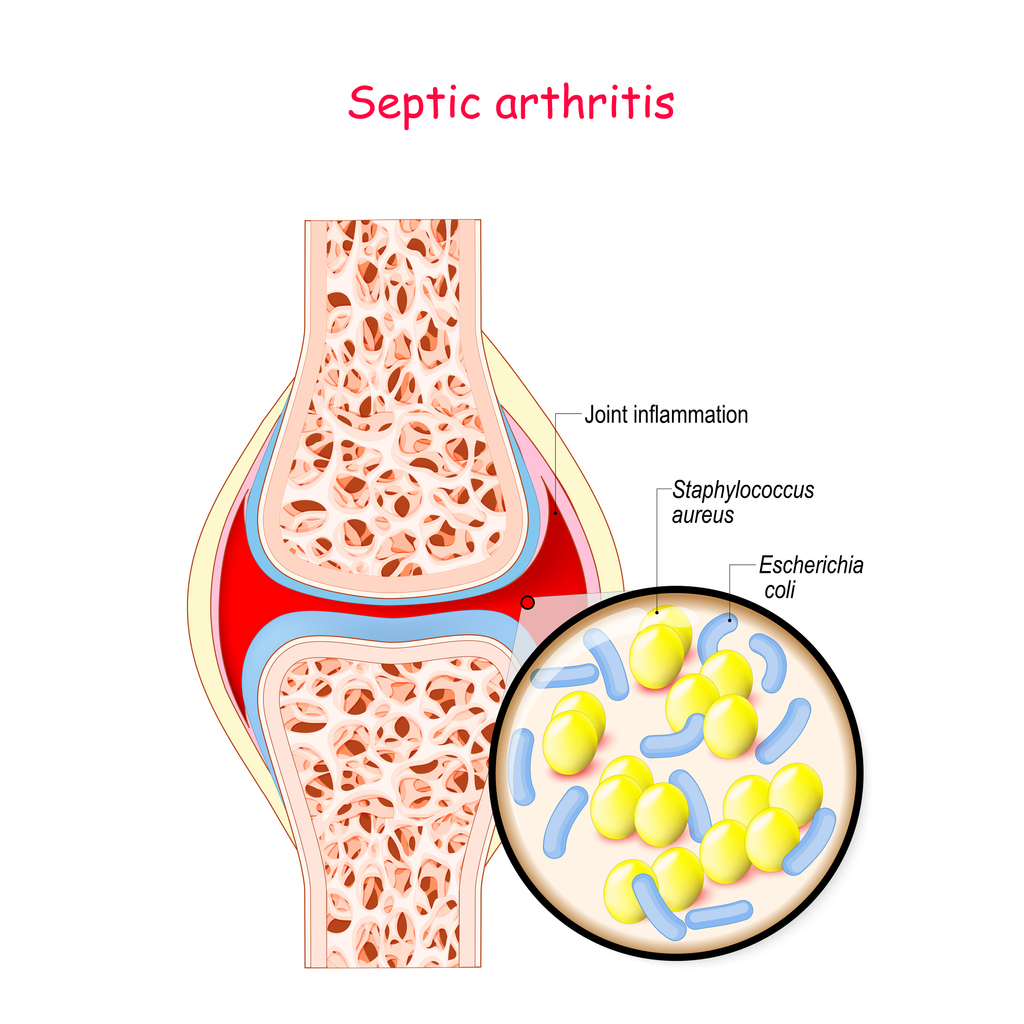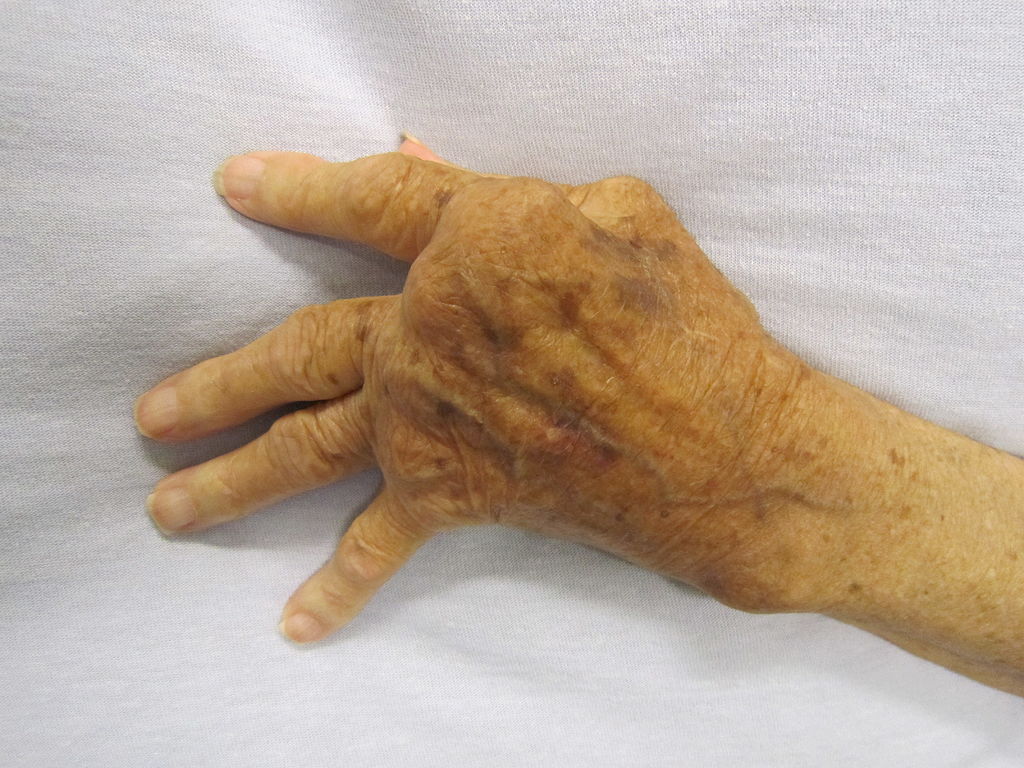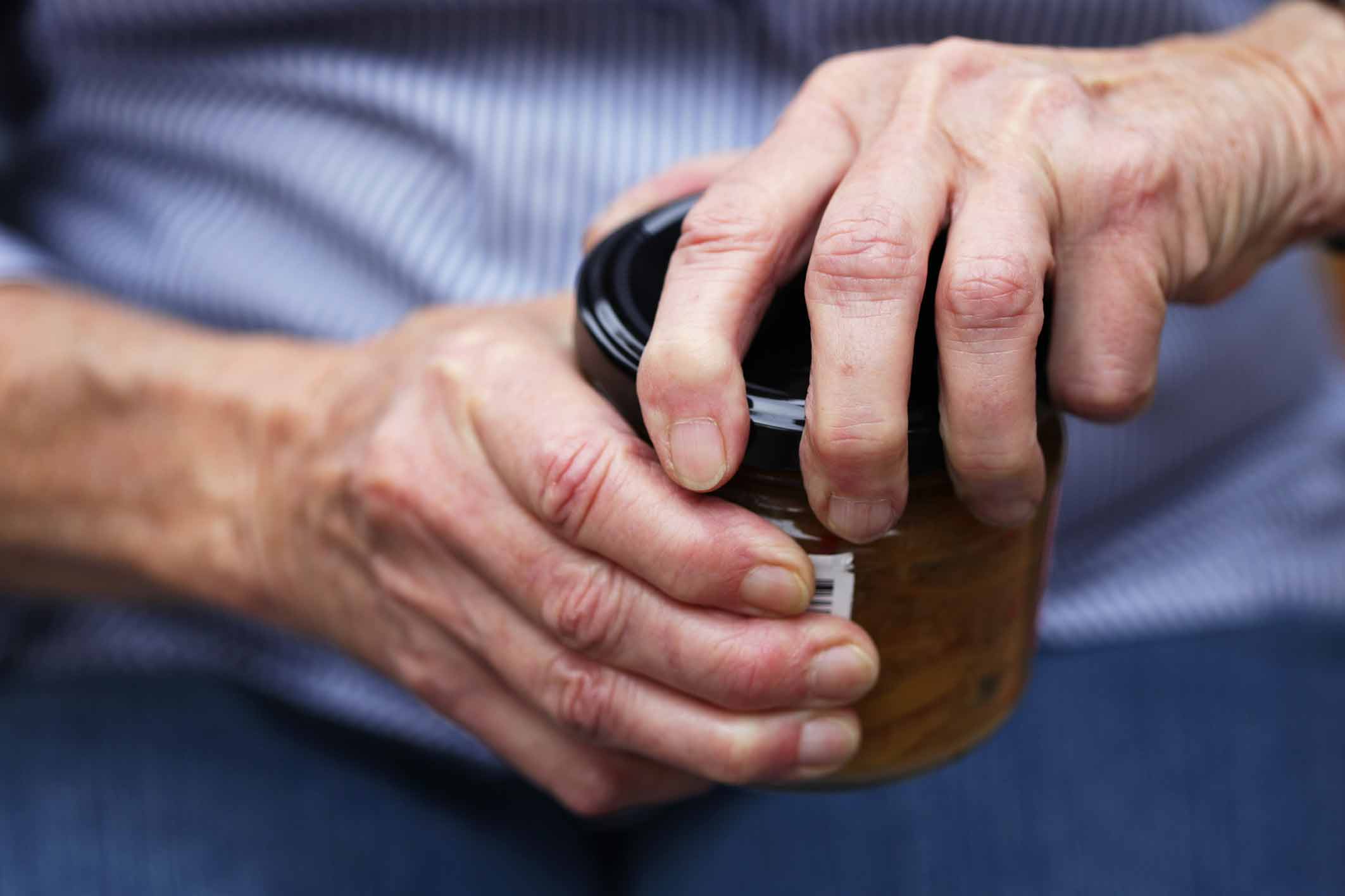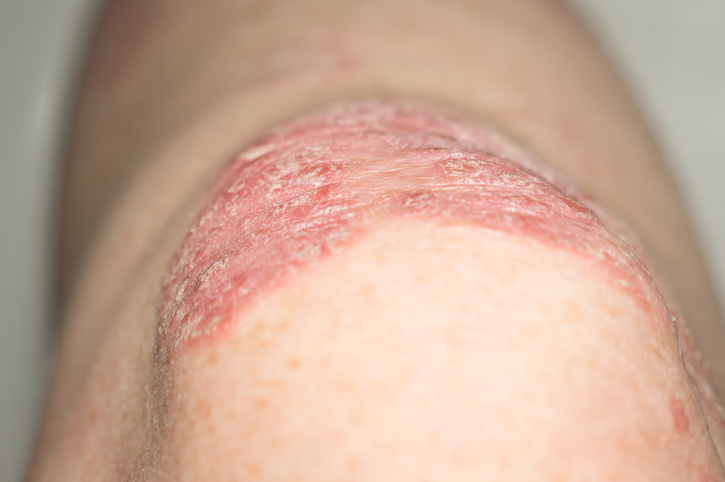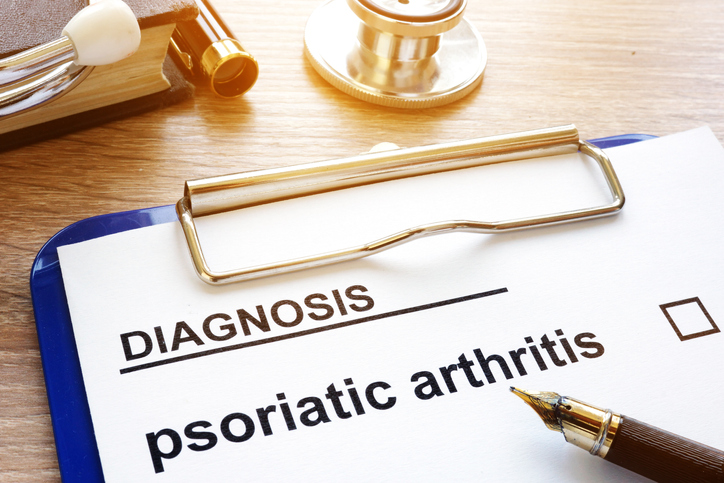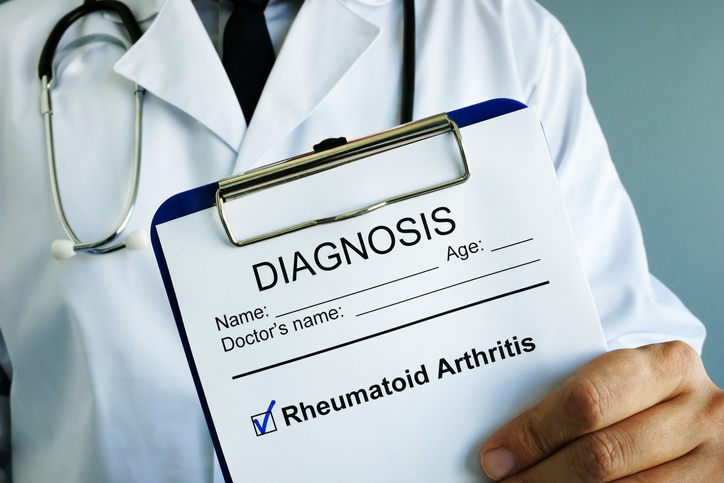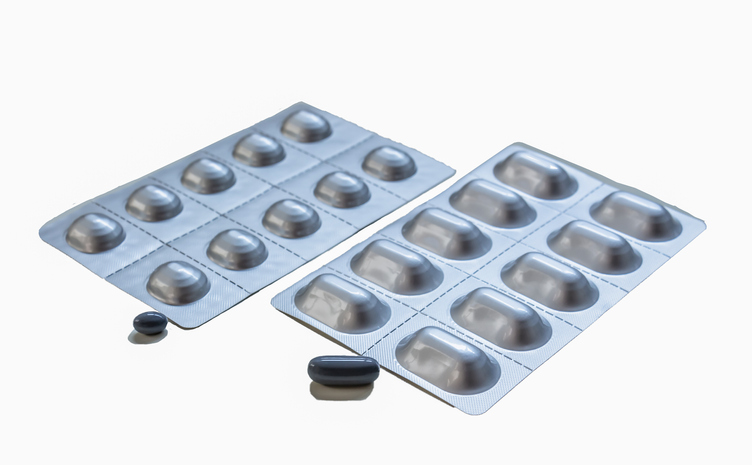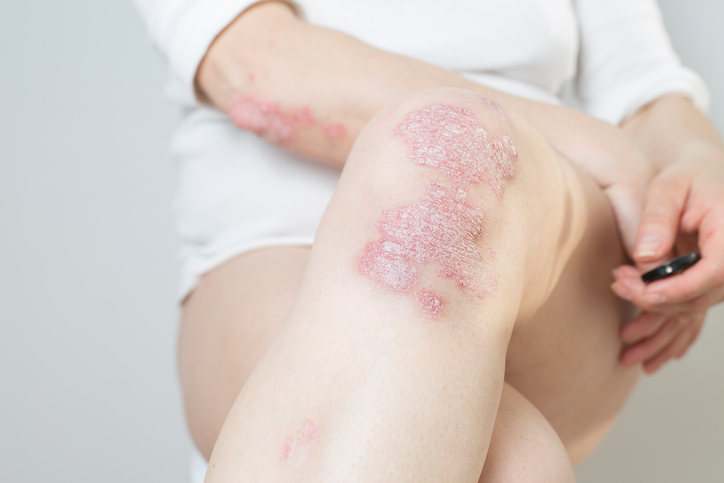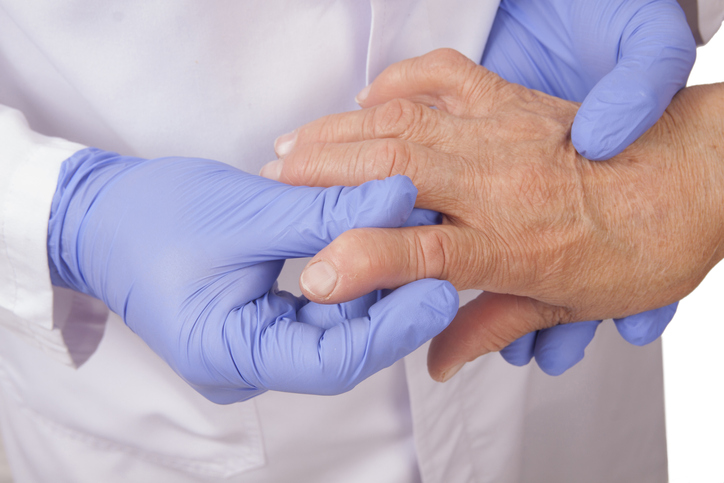Pain
What Is Reactive Arthritis?
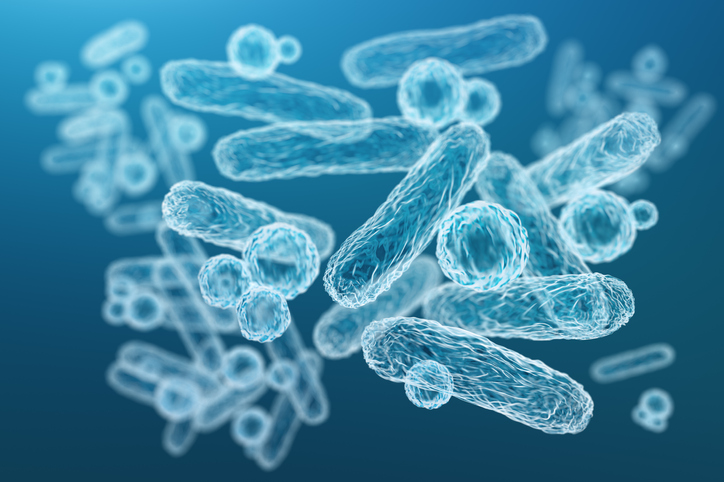
Reactive arthritis involves joint inflammation and pain triggered by an infection in a different part of the body, most commonly the urinary tract, intestines, or genitals. Pain and swelling usually affects the knees, ankles, or feet; however, inflammation can also occur in the eyes, urethra, or skin. Reactive arthritis was previously known as Reiter’s syndrome.
What are the symptoms of reactive arthritis?
The symptoms of reactive arthritis typically start one to four weeks after the infection that triggers the condition. Symptoms range from mild to severe and may come and go. Reactive arthritis symptoms can generally be divided into three categories: urinary, eye, and joint; however, mouth sores and skin rashes may also occur. Joint inflammation and pain are usually the last symptoms to develop.
Urinary symptoms
- Pain or burning with urination
- Frequent urge to urinate
- Inflammation of the prostate gland or cervix
Eye symptoms
- Eye pain, irritation, or itching
- Discharge from the eye
- Redness of the eye
- Blurred vision
Joint symptoms
- Joint pain and swelling, especially in the knees, ankles, and feet
- Achilles tendinitis or heel pain
- Swollen toes or fingers
- Lower back or buttock pain, which may be worse at night or in the morning
What causes reactive arthritis?
Reactive arthritis is triggered by a bacterial infection in the intestines, genitals, urinary tract, or another part of the body. Some types of bacteria that can cause reactive arthritis are Chlamydia trachomatis, Salmonella, Shigella, Yersinia, Campylobacter, and Chlamydia pneumoniae. Bacteria typically enter the body through the urogenital tract during sexual contact or through the gastrointestinal tract by eating spoiled food or food that has been in contact with a contaminated surface.
Not everyone who experiences a bacterial infection will develop reactive arthritis. Genetics may also be a factor in whether the condition develops.
What are the risk factors?
Risk factors for developing reactive arthritis include, but are not limited to, the following:
- Being between the age of 20 and 40
- Being male
- Having the human leukocyte antigen (HLA) B27 gene

